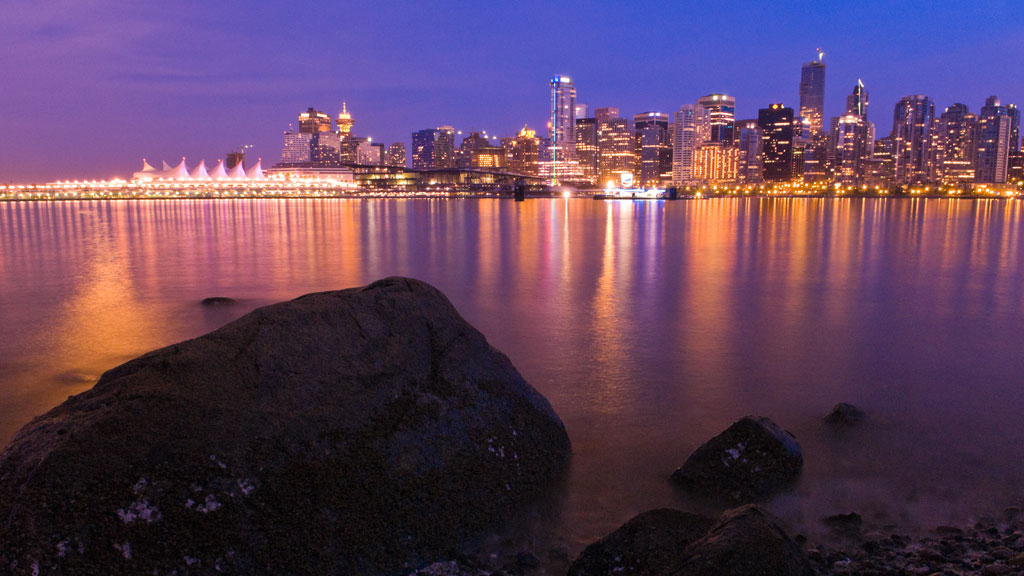Lower Mainland poised for massive population growth, but housing is desperately needed

RUSSELL HIXSON
VANCOUVER
JOURNAL OF COMMERCE
MAY 19, 2021
Metro Vancouver’s housing crunch is not just going to get worse. It’s going to get a lot worse, experts say.
Planners project the region will have more than one million additional residents by 2050.
Jacky Chan, president of BakerWest, a real estate sales and marketing firm in Metro Vancouver, explained to even start making a dent in the thousands of dwellings needed to keep up with current demand and anticipated immigration increases, development must be allowed.
“That’s an influx that we have never seen,” said Chan. “A lot of real estate developers and marketers don’t talk about this as much as they should.”
Chan himself came to Canada from Hong Kong in the early 1990s during a large exodus out of the city. He said other waves of people have come from other countries to Canada over the years, but nothing like what will happen in the coming decades.
“Right now we have a natural population increase of about 60,000 people each year in greater Vancouver alone and we are only completing about 11,000 units of housing a year,” said Chan, who added even by making very generous assumptions about how many households that equals, the rate doesn’t even come close to meeting demand.
“We will still be missing double or even triple the current completion rate. There is no place for prices to go but up.”
He said the government’s efforts, which have attacked demand, are only a drop in the bucket and don’t change the reality that tens of thousands more people are moving to the region and need a place to live.
Chan explained he believes government needs to increase density, slice through lengthy approval processes and offer financial incentives to encourage more development.
“Canada has one of the lowest population densities in the world when compared to similar countries,” said Chan who pointed to Sydney, Hong Kong, Singapore and Denmark as governments who are doing more to address housing supply.
While Chan says the situation poses a challenge, it is also a massive opportunity.
“These millions of people will bring their education, their expertise, their professions, their capital and this will be a benefit in the long-term,” said Chan.
He also wanted to note the influx isn’t only coming from Asian countries, something he feels media gives disproportionate attention to.
Chan noted our neighbours to the South, the U.S., are also a large source of immigration.
“They have 20 times the population as us, many are not happy with the government, they see our health care and our stability,” said Chan.
He estimates if changes were implemented to spur on more projects, supply could increase up to 10 times.
“Land is truly the only finite resource in the world,” he said.
To view the full article, click here.


